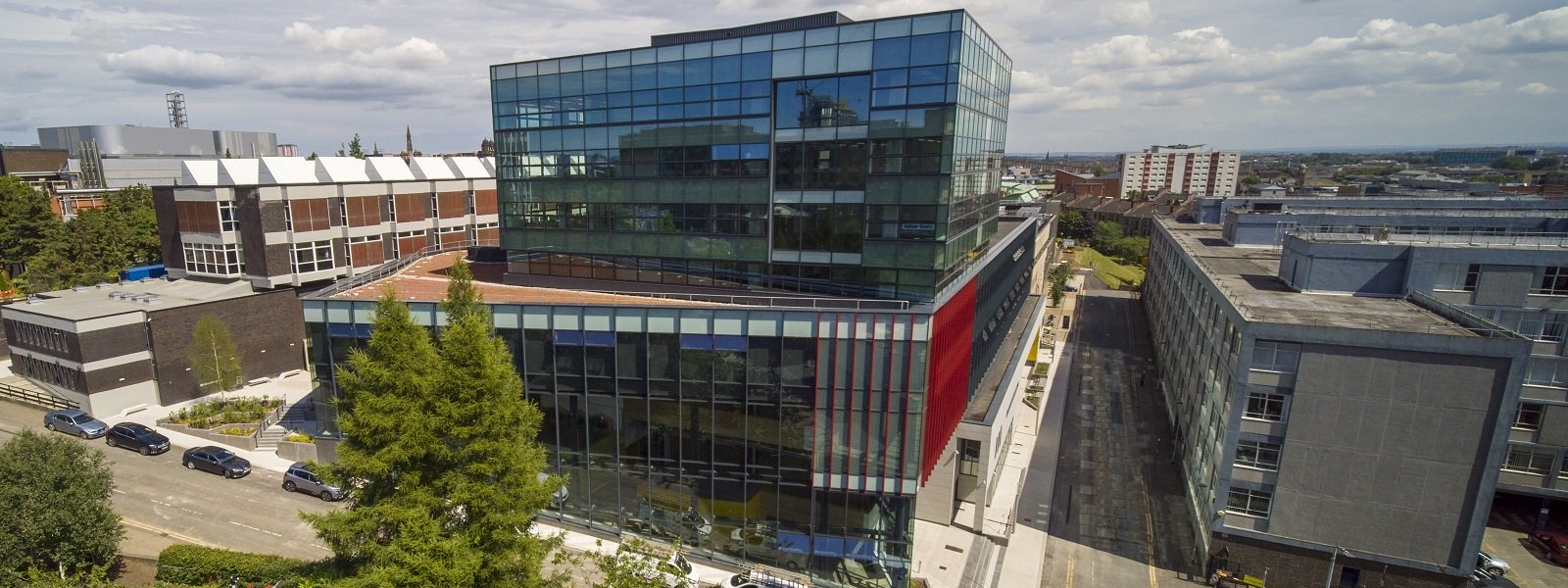Understanding Academic Integrity
The University of Strathclyde is committed to academic integrity, which is based on the core values of honesty, trust, fairness, respect, responsibility, and courage. All students are expected to uphold these values in their academic work.
What is Academic Integrity?
The International Centre for Academic Integrity defines academic integrity as “a commitment, even in the face of adversity, to six fundamental values: honesty, trust, fairness, respect, responsibility, and courage.”
Upholding academic integrity means:
| Principle | Explanation |
|---|---|
| Honesty | Being truthful in all academic endeavours, including participating in learning activities, conducting research, completing assessments, and engaging with peers, staff, and the wider community. |
| Trust | Help to build a reliable academic community by ensuring others can depend on your work and contributions. |
| Fairness | Treat everyone equally and ensure impartiality in all academic processes and evaluations. |
| Respect | Value the work and ideas of others by giving proper credit through citations and acknowledgements. |
| Responsibility | Take ownership of your work and actions, and understand the consequences of academic misconduct. |
| Courage | Stand up for ethical principles and make the right choices, even when faced with challenges or pressure. |
Violations of academic integrity, such as plagiarism, cheating, and fabrication, undermine the educational process and devalue the achievements of others. All students studying at the University of Strathclyde must recognise that they are expected to embrace these values fully and consistently in their conduct and work at and/or in association with the University.
This expectation applies to all undergraduate, postgraduate taught, postgraduate research, work-based students, visiting students, and those studying short courses of any kind.
What is Academic Misconduct?
Academic Misconduct is the outcome of behaviours, actions, or activities which breach, either intentionally or unintentionally, the University’s standards or expectations around academic integrity. The University treats allegations of Academic Misconduct very seriously. There are a number of forms academic misconduct can take, including:
| Type of Academic Misconduct | Description |
|---|---|
| Cheating in examinations | Copying or communicating with others, possessing and/or using prohibited materials or devices to store, retrieve, or access information. |
| Plagiarism | Using someone else’s work (e.g., words, ideas, results, tables, or diagrams) whether taken from print or digital sources without acknowledgement, whether by direct copying, paraphrasing, or summarising. |
| Collusion | Copying or producing an assessment collaboratively where it is clear that it should be completed individually, such as working or communicating in any way with another person on how to approach an exam during the time-window in which the assessment must be completed. |
| Duplication | Making a false declaration in order to obtain extensions to deadlines or exemptions from work, or to receive special consideration by an Examination Board or Appeals Committee. |
| False candidature | Impersonating another student in an exam, undertaking coursework for another student, or commissioning someone else to complete coursework or examinations in your place (e.g., using an essay mill). |
| Fabrication or deliberate misrepresentation of information | Presenting information that has been invented or manipulated with the intent to mislead or deliberately misrepresent. |
| False declarations | Making false claims to gain an unfair advantage. |
| Bribery or threats | Offering or accepting a bribe of any kind in relation to any activity at or in association with the University. |
You are responsible for ensuring that the work you submit is your own and has been produced in line with the expectations set out in your assessment instructions. Keep yourself right by familiarising yourself with the University's guidelines and policies related to academic integrity and remember that all allegations of academic misconduct will be fully investigated.
Avoiding Academic Misconduct
Many instances of academic misconduct emerge as the result of poor academic practices. You can avoid this situation by:
Make sure that you have read and understood the assessment instructions
Do you know what is expected of you and what is (and is not) permitted? If you are unsure, ask your Department for help.
Allocate enough time to prepare for and complete your assessments.
Leaving things too late might lead to poor decision-making. Make sure you understand how to reference and maintain good study habits (such as accurate note-taking) to help you avoid mistakes that could lead to academic misconduct.
Seeking help if you need it
Your Department can support you if you are struggling. You can also enhance your study skills by taking part in the sessions offered by Learner Development Services and the University Library.
